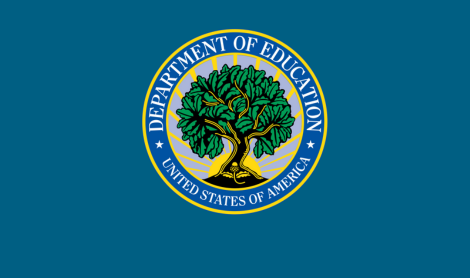Last month we touched on a Wyoming bill, SF130, which created a new authorizing pathway in the state. But there is more to the bill that deserves to be highlighted: through a comprehensive overhaul, SF130 significantly improves and clarifies the state’s charter school policy landscape.
Wyoming first enacted its charter school law in 1995. Yet, because authorizing was limited to school districts, it has only a handful of public charter schools. Efforts to start new charter schools have been practically non-existent as applicants faced long odds of approval from school districts. The new statewide authorizing pathway should help address this issue.
In addition to expanding authorizing pathways, the bill overhauls significant parts of Wyoming’s admittedly weak charter school law, making a number of improvements:
- Permitting public charter schools to provide enrollment preferences to at-risk students and, if authorized by a Native tribe, to give preference to Native students
- Clarifying the scope of autonomy by specifying education law provisions that public charter schools are not exempt from
- Adding an in-person interview requirement to the application process
- Clarifying charter contract requirements, including specific academic accountability metrics, operational and financial metrics, grounds for revocation, and authorizer oversight responsibilities
- Clarifying contract renewal procedures and requirements
- Establishing additional application requirements for virtual charter school applicants
- Establishing additional requirements for public charter schools intending to contract with an education service provider (ESP)
Many of these changes align with the National Alliance for Public Charter Schools (NAPCS) Model Charter School Law as well as NACSA’s Principals & Standards. Specifically, the legislation makes important strides towards improving performance-based contracting, transparent application review and decision making, and quality oversight that maintains public charter school autonomy.
Unfortunately, the bill also includes a misguided cap on the number of charter schools the statewide authorizer may approve until the state superintendent reports on the impacts and benefits of charter schools and the legislature lifts the cap. The report requirement is certainly worthy of consideration, but as we have unfortunately seen in too many other states, counting on future legislatures to intervene to raise the cap is rarely as straightforward as the current legislature intends.
Twenty-six years after first enacting its public charter school law, Wyoming has shown it is never too late to dramatically improve education policy.
Jason Zwara analyzes and develops charter authorizing policies as part of NACSA’s policy team. He is responsible for tracking state and federal charter school legislation and developing policy resources for members and advocacy partners. Have policy questions? Please reach out! Jason can be reached at [email protected]


